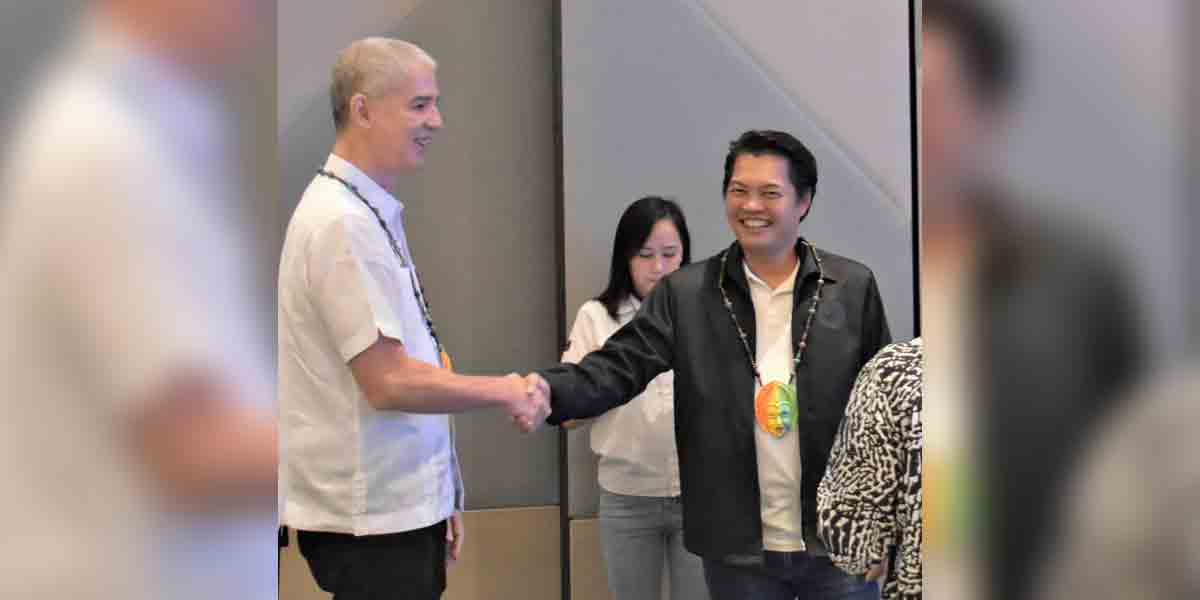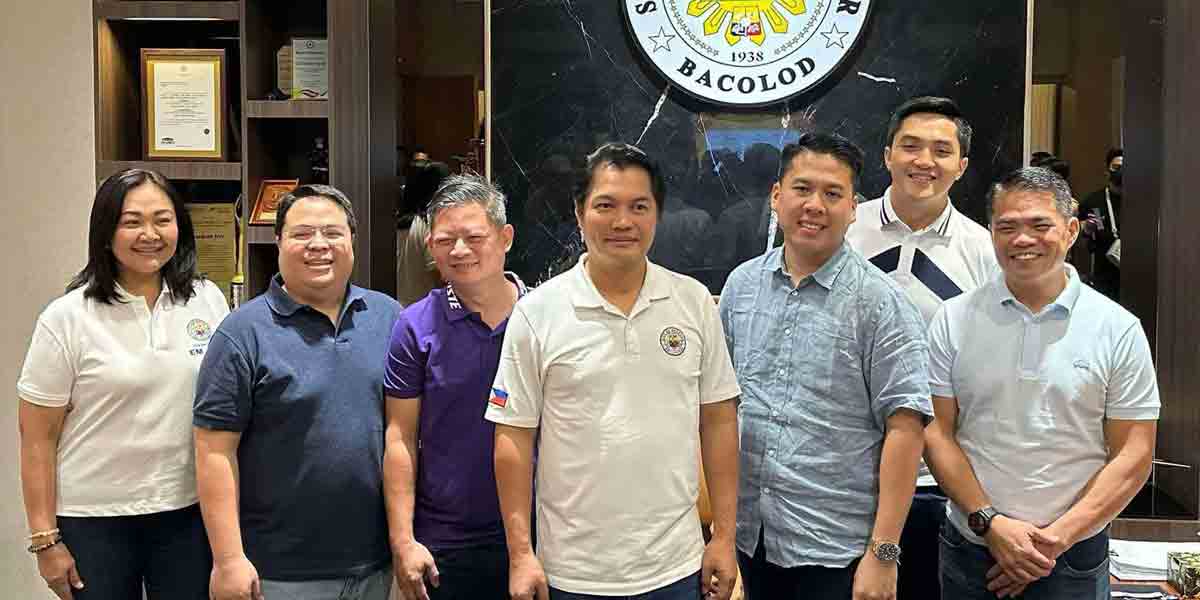National Economic and Development Authority (NEDA) Secretary Arsenio M. Balisacan emphasized the critical role of monitoring and evaluation (M&E) in guiding evidence-based governance as the Philippine Development Plan (PDP) 2023-2028 undergoes its midterm review.
Speaking at the 11th M&E Network Forum on Monday, Balisacan underscored the transformative potential of M&E systems in shaping effective policies and programs.
“M&E are not just technical processes; they are transformative tools,” Balisacan said.
“They bridge knowledge, action, insight, and impact, ensuring that every policy and program we undertake is effective and responsive to the needs of the people we serve,” he added.
This year’s forum, themed “Closing the Loop: Towards M&E Evidence-Based PDP Midterm Updating,” brings together government officials, development partners, and experts to assess progress, identify gaps, and realign strategies for achieving development goals.
Partnerships Driving M&E Strengthening
Key initiatives showcased included the Strengthening Evaluation for Evidence-based Development (SEED) Project, a collaboration between NEDA, the Australian Embassy, and UNDP Philippines.
The SEED Project focuses on capacity-building and impact evaluations for programs led by the Department of Labor and Employment (DOLE), the Technical Education and Skills Development Authority (TESDA), and other agencies.
Balisacan highlighted evaluations of healthcare access initiatives and farm-to-market supply chain programs conducted with the Department of Health, the Philippine Health Insurance Corporation, and the Department of Agriculture.
“These evaluations provide valuable insights that guide updates and improvements to programs,” Balisacan said.
He also pointed to regional efforts, including a partnership with the Bangsamoro Planning and Development Authority to enhance M&E capacity in the Bangsamoro Autonomous Region in Muslim Mindanao (BARMM).
Institutionalizing M&E in Governance
NEDA has taken steps to institutionalize M&E through the updated National Evaluation Policy Framework and ongoing capacity development initiatives.
Efforts include standardizing M&E competencies in collaboration with Global Affairs Canada and training programs for government agencies and regional offices.
The Evaluation Task Force, comprising NEDA, the Department of Budget and Management, and the Presidential Management Staff, has prioritized impact evaluations for large-scale national investments to ensure informed decision-making.
“Our collective goal is to institutionalize M&E as an integral component of our governance processes,” Balisacan said.
He emphasized the importance of transparency, accountability, and sustained investment in building M&E capacities and fostering an evaluative culture.
Commitment to Evidence-Based Governance
Looking ahead, Balisacan reaffirmed NEDA’s commitment to generating evidence through comprehensive evaluation studies, enhancing the public sector’s M&E capacity, and promoting a culture of continuous improvement.
“With the new year approaching, we commit to ingraining M&E into the core of our governance framework, thereby promoting a culture of continuous improvement and evidence-based decision-making,” he said.
The forum also featured breakout sessions on the BARMM’s M&E landscape, updates from the School-Based Feeding Program baseline study, and findings from Global Affairs Canada’s competency framework pilot with nine government agencies.
Balisacan concluded by calling on stakeholders to reflect on achievements, share best practices, and explore innovations to strengthen M&E in the Philippines.
“Let us continue to build a future where evidence drives action and action drives impact,” he said.



















